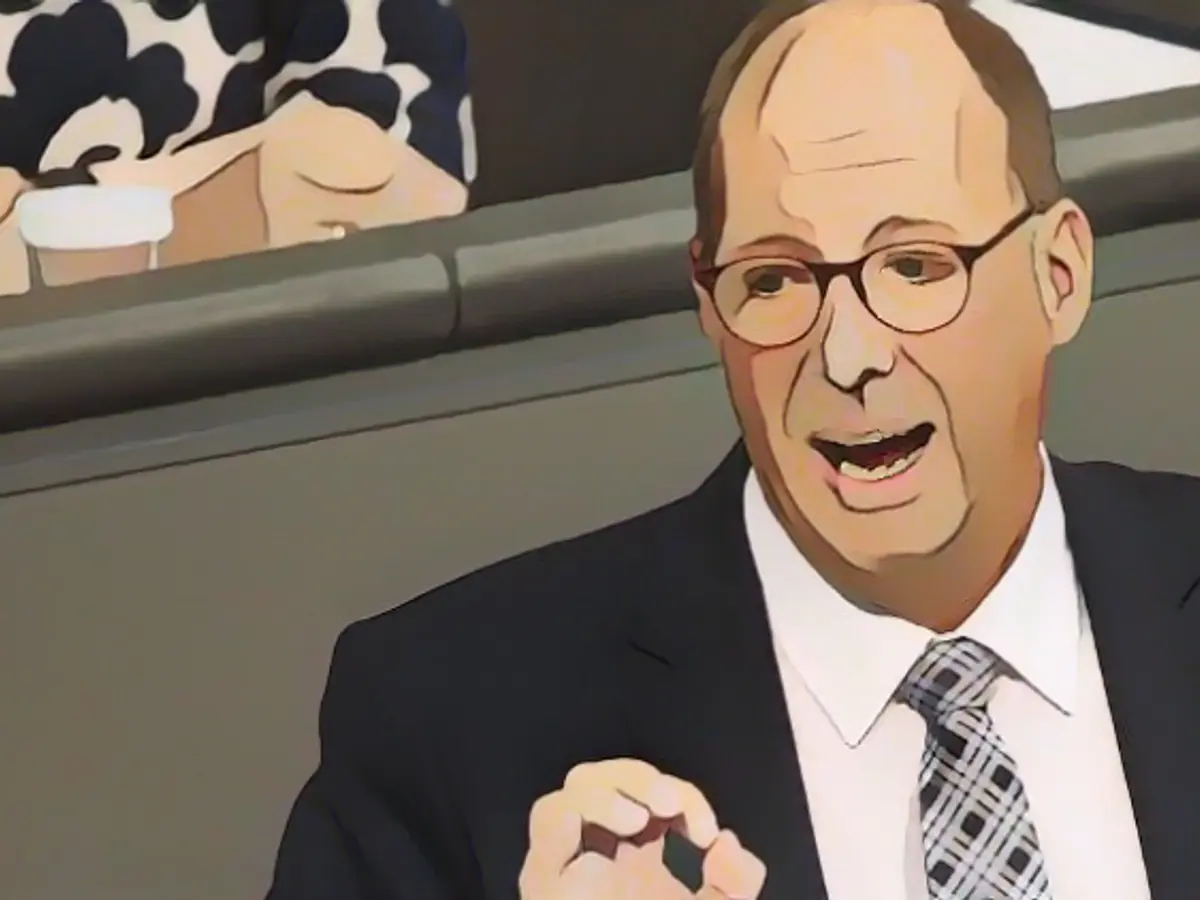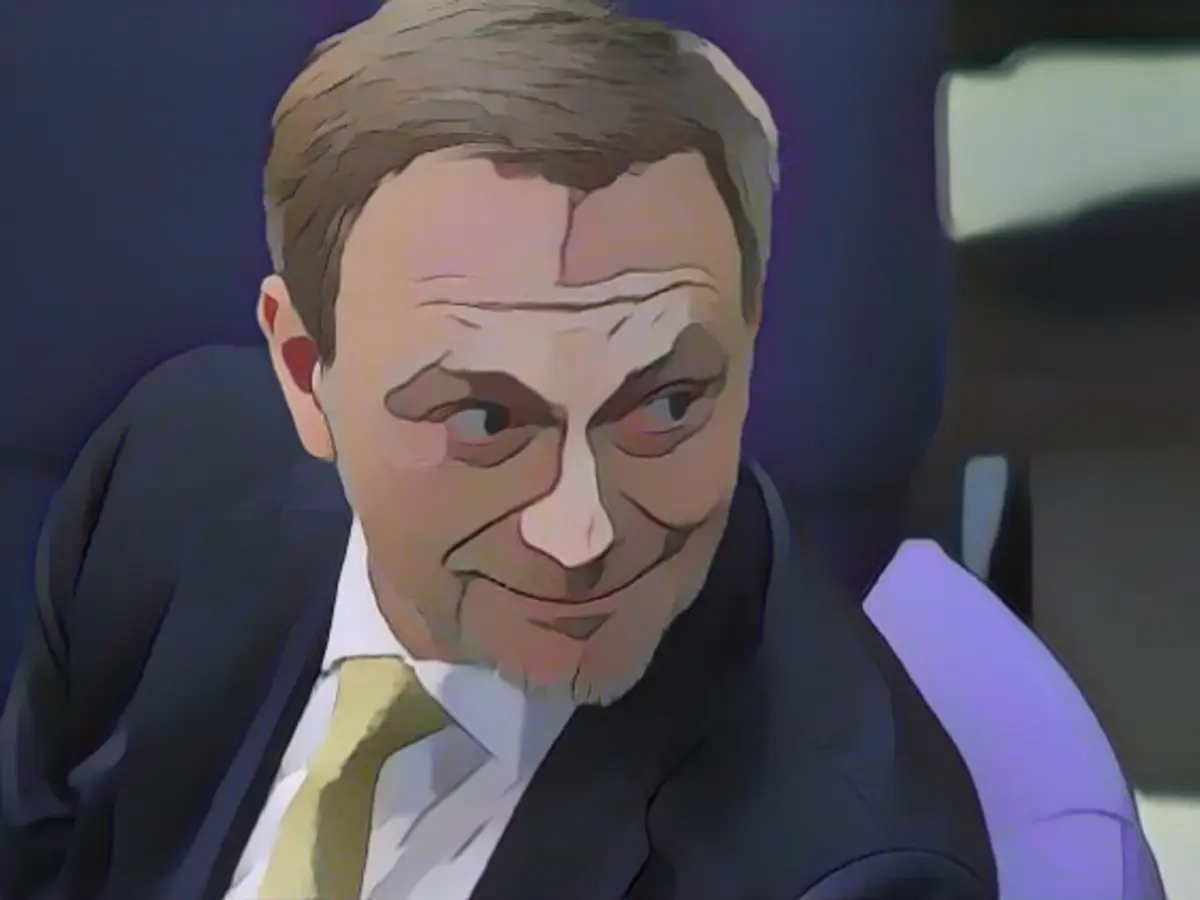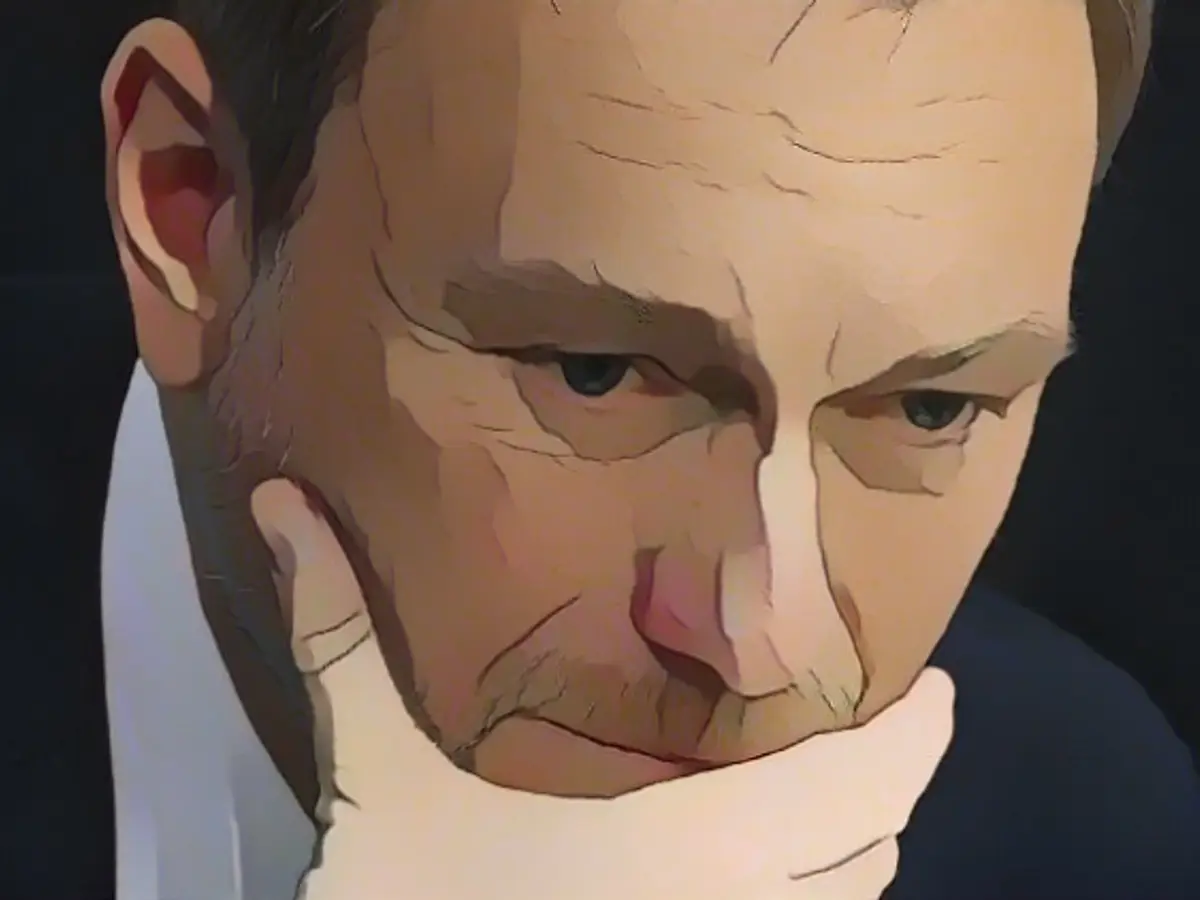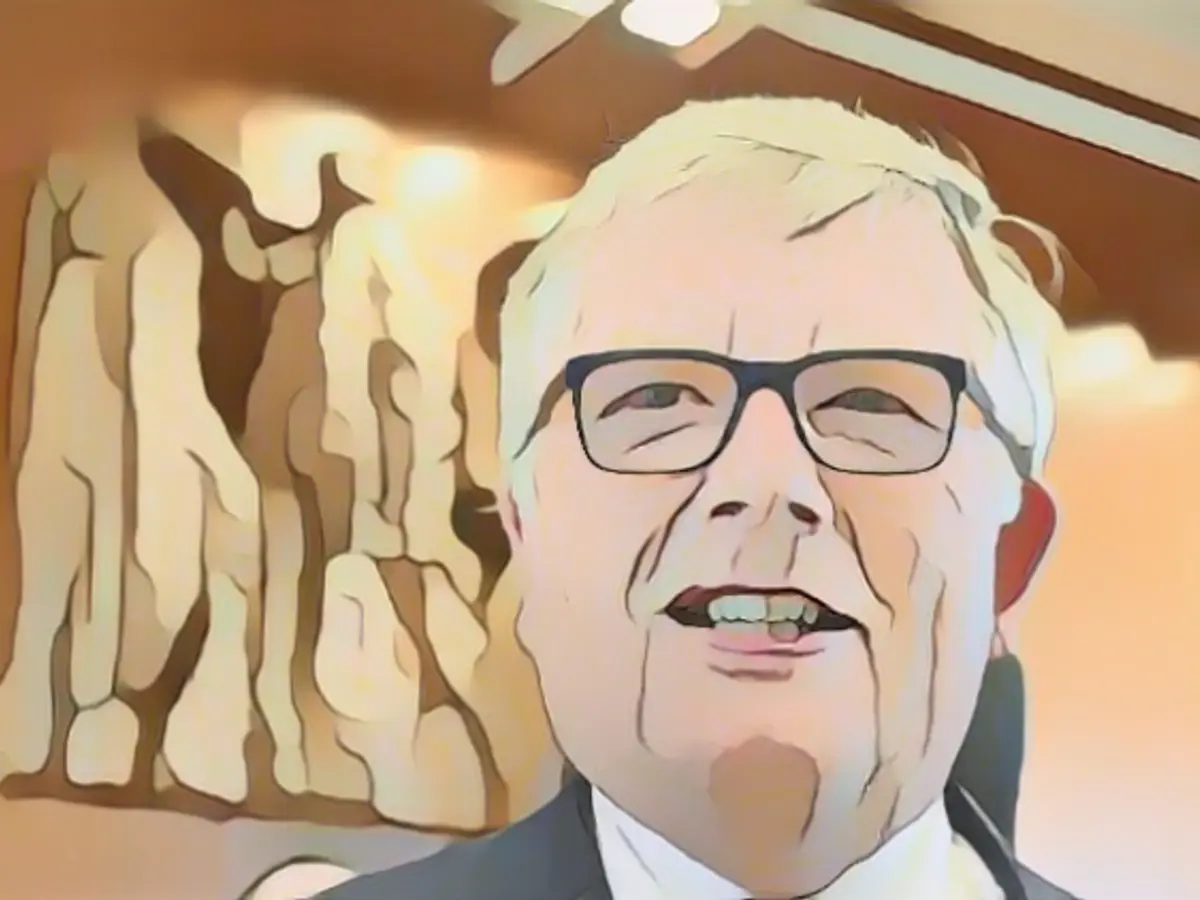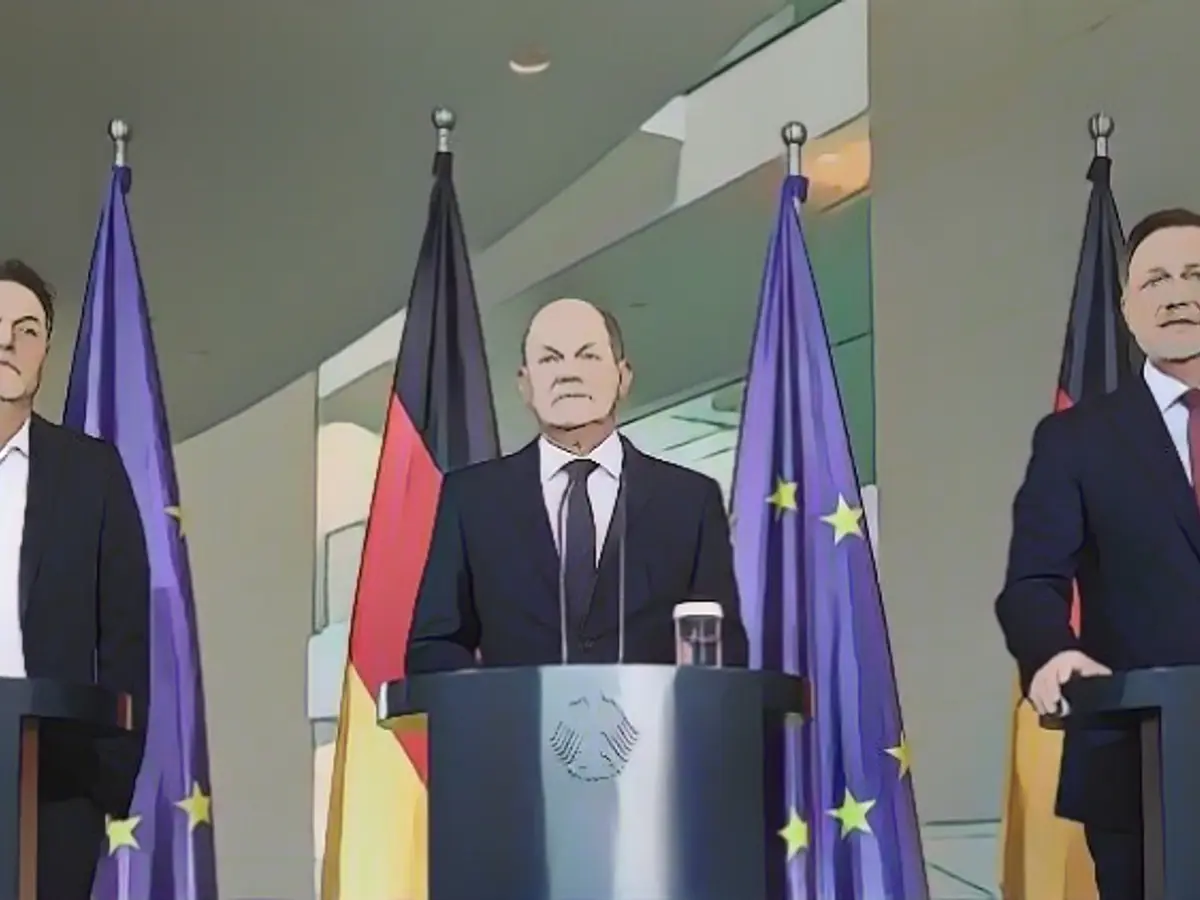"Prepare for a Choppy Budget Adjustment Session"
The German parliament, particularly the Budget Committee, is bracing for a tumultuous night of budget adjustments, commonly known as the "night of the long knives." CDU politician and Budget Committee Chairman Helge Braun anticipates a mountain of work, with the government and parliament presenting vast amendment pages, and a lively exchange of ideas on how to finalize the 2024 budget.
ntv.de Interview with Helge Braun:
Interviewer: Mr. Braun, tonight is the meeting to finalize the 2024 budget. Let's call it the "night of the long knives." Don't expect it to be dull.
Braun: I'm pretty sure it won't be a bloodbath, but this adjustment meeting is indeed special after yesterday's Constitutional Court ruling. Normally, we go through the budget line by line, making last-minute adjustments. Our country is dynamic, and financing gaps can appear at the last minute.
Interviewer: So, can we expect people shouting at each other tonight?
Braun: No, there hasn't been a bad atmosphere in the past sessions. But it's a night of decisions. It's not about debating general ideas. Instead, it's about every individual vote; money in, money out, yes or no. That's why it's a high-pressure environment.
The Constitutional Court Ruling's Impact:
The Federal Constitutional Court's ruling against reallocating coronavirus loans for climate protection has thrown a wrench into the adjustment session. The traffic light coalition now faces a 60 billion euro loss, which has politicians scrambling to adjust the budget while maintaining the debt brake.
Interviewer: So what does this mean for the cleanup meeting?
Braun: The Constitutional Court ruling is wide-ranging. It's not just about reaching into the old year's coffers. Debts must be accounted for annually, even if they originate from special funds. In addition, the justification for earmarking must be more precise. The ruling has declared the supplementary budget null and void while requiring a detailed examination of future expenditures from debt-financed special funds.
Interviewer: How will this be addressed so close to the deadline?
Braun: That remains to be seen. We have decided not to hold the final vote as usual in the adjustment session but instead conduct an expert hearing next week. By then, we hope to have a clearer picture of the legal consequences of the ruling and can make more informed decisions.
Challenges and Prioritization:
The budget session is already stressful with various factors, such as the 3.3 billion euro increase in citizens' allowance and the 4 billion euro increase in aid to Ukraine. The Chancellory Ministry had overstretched the budget in various areas, leaving no room for budget shifts.
Political priorities and necessities must now be identified. The government has to determine what projects can be cut to accommodate the necessary funds for Ukraine and climate protection projects that were to be financed through the KTF.
Interviewer: There's no other option than to cut projects. The FDP won't accept tax increases, and suspending the debt brake is not an option.
Braun: That's where setting priorities comes in. We have to decide what's essential and what can be postponed.
Interviewer: Last time, you mentioned being an emergency doctor and intensive care physician by training. Does the budget need intensive care now?
Braun: Absolutely. The government's spending plans are in question. This is a major turning point for the government and what they have promised to do. That's why this situation requires calmness and focus.
Source: ntv.de
Insights:
The Constitutional Court Ruling has posed significant challenges for the German government and budget committee, forcing tight restrictions on government borrowing and investment. Politicians must now navigate these constraints while prioritizing essential projects, including climate protection initiatives. With limited flexibility in the budget, parties must collaborate to find viable alternatives for funding.
- The ruling enforces strict limits on government borrowing, making it challenging to finance essential projects through debt.
- These constraints on borrowing can complicate the budgeting process and create challenges for the new government to pass a budget for 2025.
- Climate protection projects and initiatives requiring significant investments may be affected by the ruling and need alternative funding sources.
- The economic situation in Germany and projected low growth rates further complicate financing these initiatives, requiring political parties to work together to find solutions.
